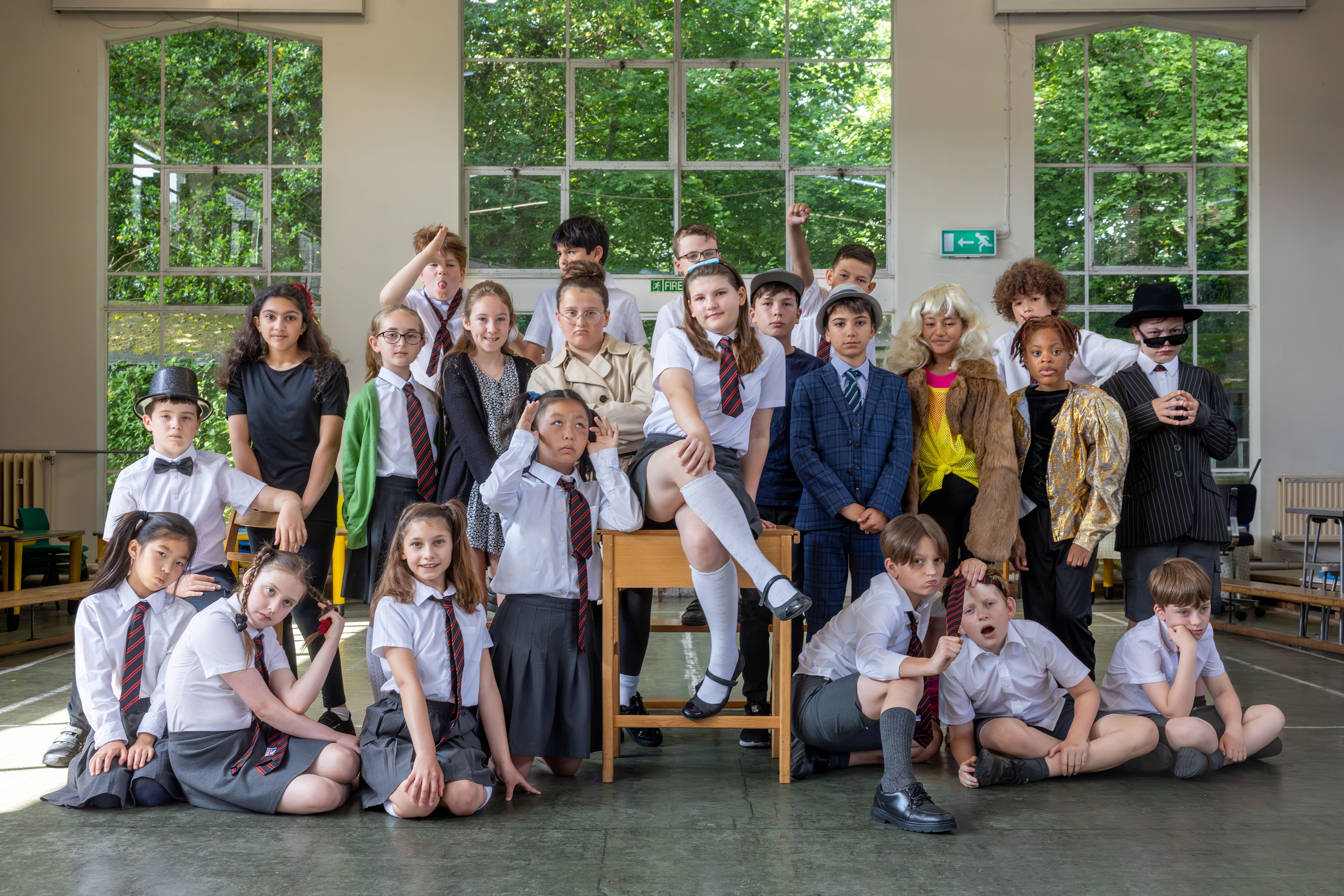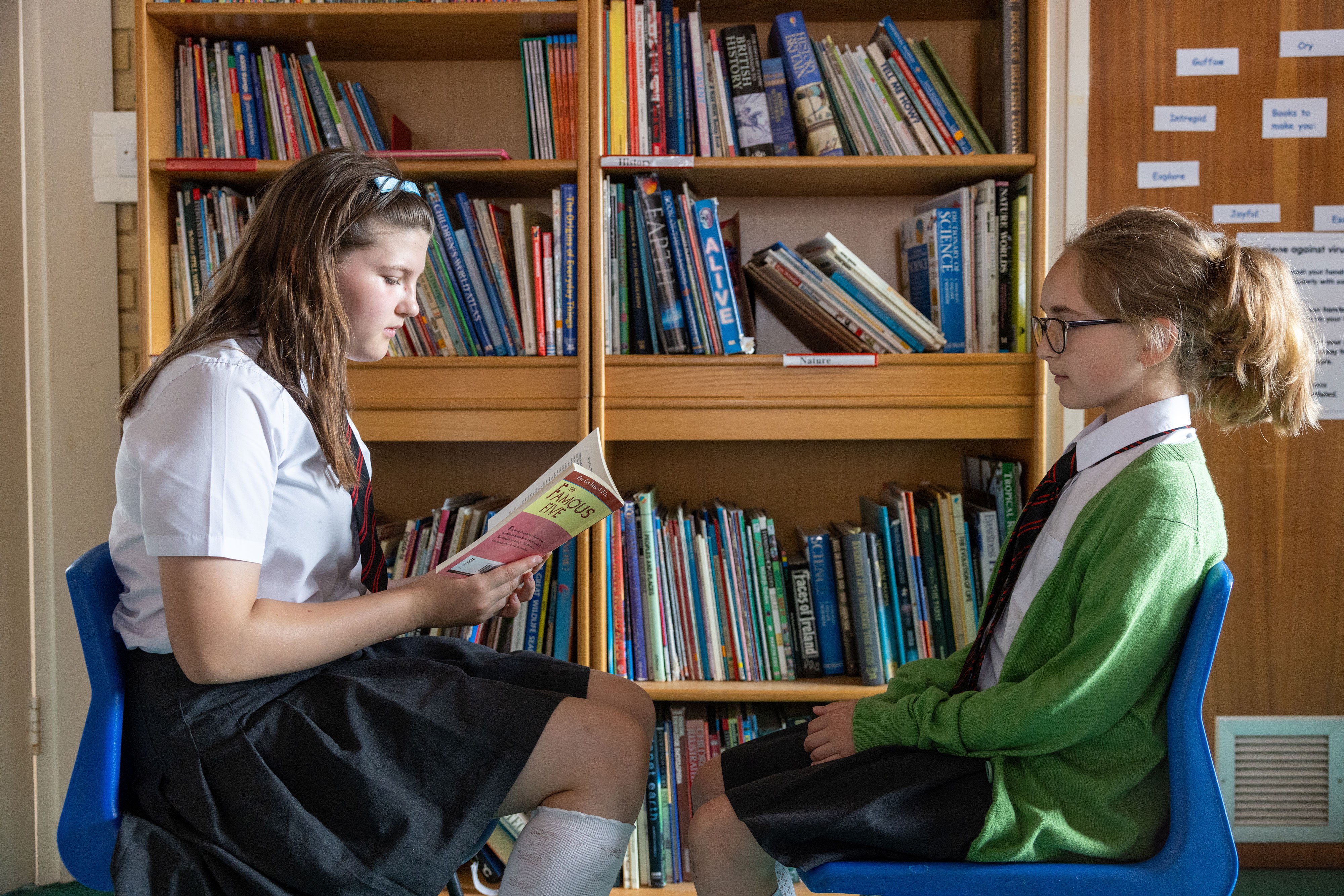Key Stage 2 Places
Places occasionally arise in Key Stage 2. Please do get in touch if you'd like to discuss any spaces we may have.
Our teachers carefully plan and deliver the curriculum using a range of strategies to cater for different learning styles and abilities, encouraging independent thinking, creativity, and problem-solving that is engaging and fosters a love for learning with a particular focus on promoting high levels of confidence and self-esteem.
We understand that every child has unique strengths, needs and interests, and our aim is to create a learning environment that enables them to thrive academically, socially, and emotionally. We also place emphasis on developing pupils' wider skills and attributes, preparing them for future challenges and opportunities, both inside and outside the classroom.
Life in Years 3 and 4
Swimming is introduced in Year 3 and skills are built upon through to Year 6. By the time a child is ready to leave primary school they should be able to swim, know how to get out of trouble if they fall into water, know the dangers of water and understand how to stay safe when playing in and around it.
Trips are an important part of school life throughout the school. They are purposeful and related to topics being studied. Along with trips to the Natural History Museum, Science Museum, Hever Castle, the children also attend a residential where days away increase as they progress through the school. Residentials are essential for personal and social development. They develop independence, confidence, self-esteem and importantly make lifelong memories.
Along with opportunities in music, drama and sport to help pupils discover and develop all interests and talents, the children also have swimming lessons and a wider range of co-curricular activities such as Japanese, Spanish, Coding and music theory club.
Swimming is introduced in Year 3 and skills are built upon through to Year 6. By the time a child is ready to leave primary school they should be able to swim, know how to get out of trouble if they fall into water, know the dangers of water and understand how to stay safe when playing in and around it.

All pupils in Key Stage 2 have the opportunity to take part in music and drama performances, join LAMDA classes and have increased responsibilities such as reading buddies, monitors, and leaders of the School Council.

They are purposeful and related to topics being studied. Along with trips to the Natural History Museum, Science Museum, Hever Castle, the children also attend a residential where days away increase as they progress through the school. Residentials are essential for personal and social development. They develop independence, confidence, self-esteem and importantly make lifelong memories.
At Warlingham Park School, we believe that it is important to prepare children carefully for these changes, in order that they have the best chance of making a smooth and confident transition, by focusing both on the skills sets required and the opportunities that such a change presents. We start preparing the children in Year 5 - the children are encouraged to become much more self-reliant in their learning, to think about how to organise their learning and manage their time, how to research, how to evaluate their work and to identify the next steps in their learning journey.
In addition, children in Year 6 take on a variety of school monitor roles, helping with a range of tasks around the school. As well as making a valuable contribution to school life, these roles help the children to develop commitment, organisational skills and a sense of personal responsibility that will stand them in good stead for secondary school.
In upper Key Stage 2 we work with the parents to support the children in preparing for their path to the next stage of their education. We support our pupils to achieve their full potential, to work towards a future of growth and progress, and become successful learners, confident individuals and responsible citizens who are ready for the dynamic world that awaits them beyond primary school.